| Bangkok’s best-known Italian restaurant continues its tradition for Cucina Tradizionale For almost 40 years, Rossano’s has been delighting Bangkok diners with its traditional Italian cuisine. More recently this legendary restaurant has been reaching new heights thanks to the masterful culinary skills of Executive Chef Matteo Verini, who joined Rossano’s three years ago after working for some of Thailand’s leading hotels. From classic Spaghetti Bolognese and Risotto Porcini mushrooms to the chef’s weekly specials and the restaurant’s favorites such as Maine Lobster, Prime Lamb Ribs, and the famous Australian ‘Wagyu’ Tomahawk, Rossano’s cuisine under Chef Matteo menu is not only awesome in its diversity but also unapologetically traditional, yet innovative and always exciting. Indeed, the Rossano’s continues a tradition that dates back to 1984 when Gennari Rossano opened L’Opera, Bangkok’s original Italian restaurant, which raised his homeland’s cuisine to a new level in Thailand. Today, the restaurant has a new look, a Tuscan-style country house, light and airy, pastoral and cozy, but its owners and chef have remained steadfastly faithful to Gennari Rossano’s values of Cucina Tradizionale in its food selection and preparation. Chef Matteo and his 14-strong team produce a long list of dishes that lean towards the cuisine of northern Italy, where he was raised in a family of skilled cooks. The many different varieties of pastas, breads and desserts served at Rossano’s are all homemade. |
I started as a sommelier at Zanotti, the owner was the one that ask me to stay in Thailand (I was on holiday) as he was looking for a sommelier for his restaurant. What brought you to Thailand?
I cancelled a trip to Madagascar; Thailand was the replacement. Where do you work? I’ve worked for Texica since 2014 and for Premium Food since 2019. They’re sister companies that provide a great selection of Italian wine (Texica) and an endless international selection of fine ingredients (Premium Food). Hotels and restaurants account for about 90% of our wine sales. Of those, 70% are red wines and 30% white. Tell us more about Texica: Texica was established in 2010 for the purpose of importing and distributing Italian wines and also to promote Italian culture through cuisine, music and tourism. We have the largest Italian wine portfolio in Thailand, representing 34 mostly family-owned Italian wineries and 220 different wines using local grape varieties. There are more than 1,000 different grape varieties in Italy, and we cover about 100 of them – some well-known, some less so. Our key business partners include Ferrari, Bottega, Marchesi di Barolo, Castello di Bossi, Renieri, Li Veli, Cordero di Montezomolo and others. We’re celebrating another milestone in the life and times of The BigChilli, Thailand’s original expat magazine. Launched in November-December 1999 as a Voice for the country’s booming international community, we’re still going strong after 22 years.
While other publications have come and gone during that period, The BigChilli continues to entertain, inform and sometimes even exasperate our expat audience, now many times bigger than when we first started. It hasn’t always been easy, and we’ve had our setbacks, including Covid, but we’re proud to still be here, a magazine worth reading. This issue of The BigChilli is yet another milestone in the extraordinary life and times of Thailand’s leading expat magazine. Besides being the biggest issue since the catastrophic advent of Covid, it marks our 22nd anniversary of entertaining, informing and occasionally provoking our readers. It’s clearly a winning formula.
People featured in this magazine include Chris Craker, an internationally renowned musician who is helping young Thais to further their music careers; David Barrett, who explains why he has relocated to the UK after 30 years in Thailand; Tamara Demeo, an Italian wine expert who explains why she won’t be leaving Thailand anytime soon; and Bruce Darrington, who cycled from the bottom to the top of the UK to raise money for a school in Chaiyaphum. We have also interviewed the Ambassador of the Czech Republic. The List, our regular dining column, turns its spotlight on Pattaya with a selection of the resort’s most popular restaurants. As always, those appearing on The List are recommended to us pure and simply by our readers. The column is not intended as “the best” style of guide, though some of the restaurants featured are indeed among Pattaya’s leading venues. Also down Pattaya way, we write about a new roll-on roll-off ferry service from Sattahip to Koh Samui, which will no doubt prove extremely popular with people wanting to take their own cars to the famous southern island. There’s lots more too, including an interview with a top Bangkok chef who talks about the importance of sustainable seafood, and the latest report from Thailand’s leading dining, Beefsteak & Burgundy. As we move into our 23rd year, The BigChilli team would like to thank our sponsors, advertisers and readers for making it possible. Make Christmas & New Year's festivities a breeze by taking the families and loved ones out for a festive feed. Check in and be merry with us at the Greenhouse Restaurant and Terrace of the Avani Sukhumvit Bangkok Hotel (directly accessible from BTS On Nut station exit 3).
Nothing beats a great Christmas meal with great drink. Our culinary delights and many delectable festively inspired desserts awaits you. A roasted turkey, an oyster bar, fresh seafood on ice, a wide selection of meat and seafood, and live cooking station are among them. A live band and Christmas carols are planned to round out your special evening. Continue to welcome those who are looking forward to enhancing the end-of-year celebration with delectable cuisine. An oyster bar, pan-seared foie gras, fresh seafood on ice, a cheese and coldcuts selection, a BBQ on the terrace with lamb, beef, and seafood, and a live cooking station with BBQ duck, soft shell crab curry, steamed black crab, and sweet treats are among the delectable dishes created by our Executive Chef. Your dinner will be complete with an entertaining live band and DJ. As the countdown begins, toast to a new beginning on the sky-high terrace with our free-flow drinks. Share joy and best wishes with loved ones for a fantastic start to the new year. Come and enjoy the magic of the season with your family and friends over delicious food and a wide range of exciting events, sparkling entertainment, and fun things to do all throughout the holiday season, no matter what your holiday traditions are or what kind of food you like. We promise to make your Christmas and New Year's Eve unforgettable. The choice of time and price for each celebration is shown below. Christmas Eve Dinner 24 December 2022 - : 6:00 p.m. - 10:00 p.m. -THB 1,250++ per person for buffet dinner* -THB 1,850++ per person for buffet dinner with free-flow drinks* Christmas Day Lunch December 25, 2022: Noon - 3:00 p.m. - THB 1,150++ per person for buffet lunch* - THB 1,750++ per person for buffet lunch with free flow drinks* New Year’s Eve Dinner Saturday, 31 December 2022: 6:00 p.m. - 10:00 p.m. - THB 1,850++ per person for buffet dinner* - THB 2,450++ per person for buffet dinner with free flow drinks* New Year’s Eve Countdown Saturday, December 31, 2022: 10:00 PM – Midnight -THB 999++per person for 2-hour free flow drinks* Remark: *The rates are subject to a 10% service charge and applicable 7% government tax Children under the age of 12 receive a 50% discount. Get a 20% discount on food only for groups of six or more (excluding children). Early bookings and payments received before December 18, 2022 will receive a 20% discount off the original price! For more information about the food and beverage menu, as well as reservations, visit https://mhg.to/zmgm7 or call 02-079-7555.
Among the longest-standing traditions of Bangkok Beefsteak & Burgundy Club has been our annual visit to Chesa Swiss Restaurant Our Swiss sojourns used to be mid-year events, but since Covid they have been later in the rainy season to coincide with the autumn game season in Europe. We are thus able to travel freely, albeit vicariously, throughout Europe to sample culinary delights normally not available at other times of the year.
Last year our menu featured pheasant and red deer. This time – on the occasion of our twentieth lunch at Chesa – we had a different type of venison (there are many different species of deer), as we virtually wended our way, course by course, around and through the Alps, sampling regional cuisines and wines of Southern Europe. Our first stop was the bar for an Aperitivo, Cordero di Montezemolo’s Langhe Arneis 2019 (Langhe DOC, Piedmont, Italy), and an Antipasti selection of cured meats, hand-carried from Italy by Club President Tom Whitcraft, along with assorted pickles, olives, and freshly sliced veggies. Wine Spokesman Andrew McDowell had never heard of the Arneis grape that is native to northwestern Italy and used exclusively to make this full-bodied white wine, but he found it “very pleasant” with low acidity and nice taste that went well with antipasti. After seating, Chef Rene shepherded us to the French-speaking part of Switzerland, serving us an Amuse Bouche comprising a miniature Cheese Fondue and Goat Cheese Profiteroles. Food Spokesman Mark Guthrie liked both the artistic presentation and the piquant flavors resulting from a dash of paprika on the fondue and spicy arugula (rocket) paired with the goat cheese. It also went very well with our second white wine, Cantina Terlano’s Kreuth Chardonnay 2020 (Alto Adige Terlano DOC, South Tyrol, Italy). The BigChilli talks to HE Mr. Pavel Pitel, Ambassador of the Czech Republic to Thailand When did you begin your posting in Thailand and how long will you be stationed here? I arrived in Thailand on August 1st and officially began my duty by presenting the Letters of Credence to the hands of H.M. the King of Thailand on October 7. My tour of duty will be 4 years. What are your impressions of Thailand so far? I have been to Thailand many times before and I am really excited to explore the country again and to see how it has evolved and changed since my last visit. My kids and I love the sun and sea and I hope to enjoy plenty of it here. We also love sailing and straightaway became members of the Royal Varuna Yacht Club in Pattaya. I also wanted to present the rich and authentic culture to my teenage kids so that they have a better understanding of this beautiful part of the world. Many people are still unaware that the former Czechoslovakia is now two countries. Please give us a brief recent history of the Czech Republic. The history of my country is very rich, and it is connected to the history of Europe. Since 1918 when the former Czechoslovakia emerged from the ashes of the Austro-Hungarian Empire, we have had to face German invasion and occupation during WW2, communist regime inspired by Soviet totalitarian system led by Stalin, and Russian military invasion in 1968 crushing the beginning of democracy and prosperity. Finally, in 1989 we became free again thanks to the positive situation in Europe and we have again started to rebuild our country. The newly acquired freedom also inspired the desire for greater autonomy and self-determination of many nations in former communist countries like Yugoslavia. The Slovak part of the federative Czechoslovakia also desired greater autonomy and finally decided on independence. We are extremely proud that the process of division of Czechoslovakia, even though it was not easy, was carried out peacefully and without a single person killed or a single drop of blood spilled. In this we may serve as an example that peace is the way. Soon after in 2004, both Czechia and Slovakia became members of the EU and our relations are excellent. We work together in EU, NATO, V4 and other regional and international organizations. The Russian colonial war in Ukraine brought us even closer. Already in the pre-war period, Czechoslovakia maintained numerous contacts with Siam, including commercial ones. Czech shoe company Baťa started activities in Siam as early as 1929, continued by opening dozens of stores by the end of the 1930s.
|

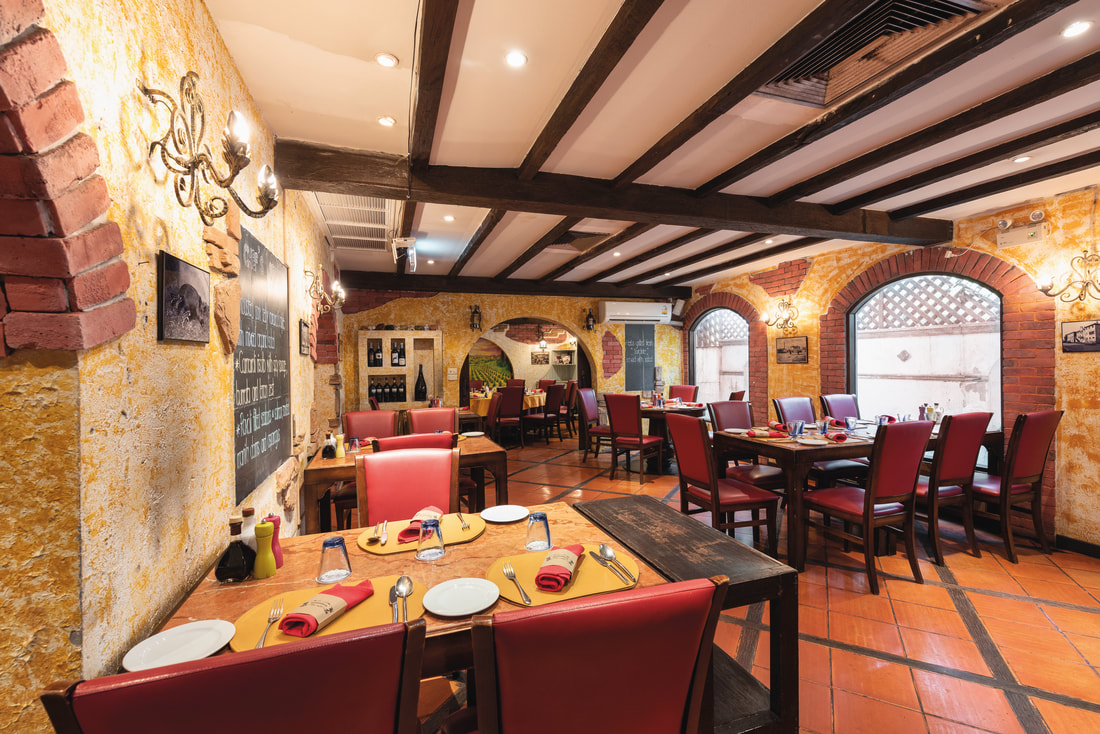
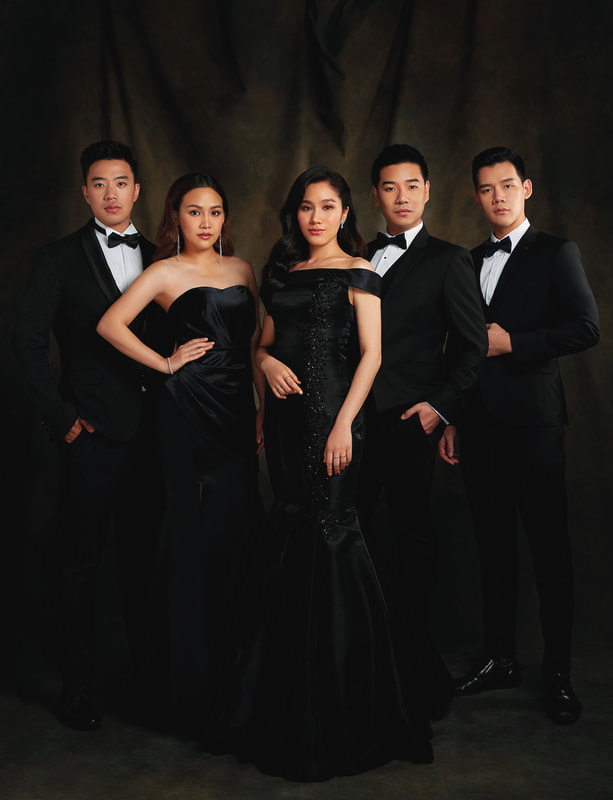
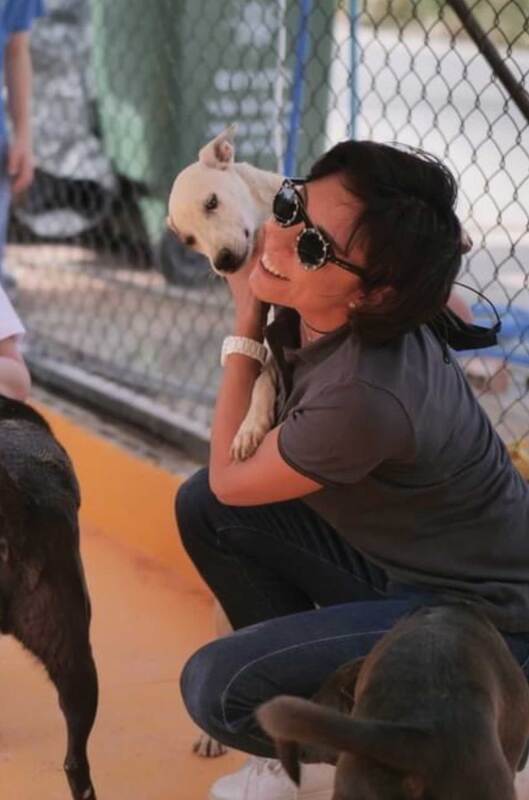
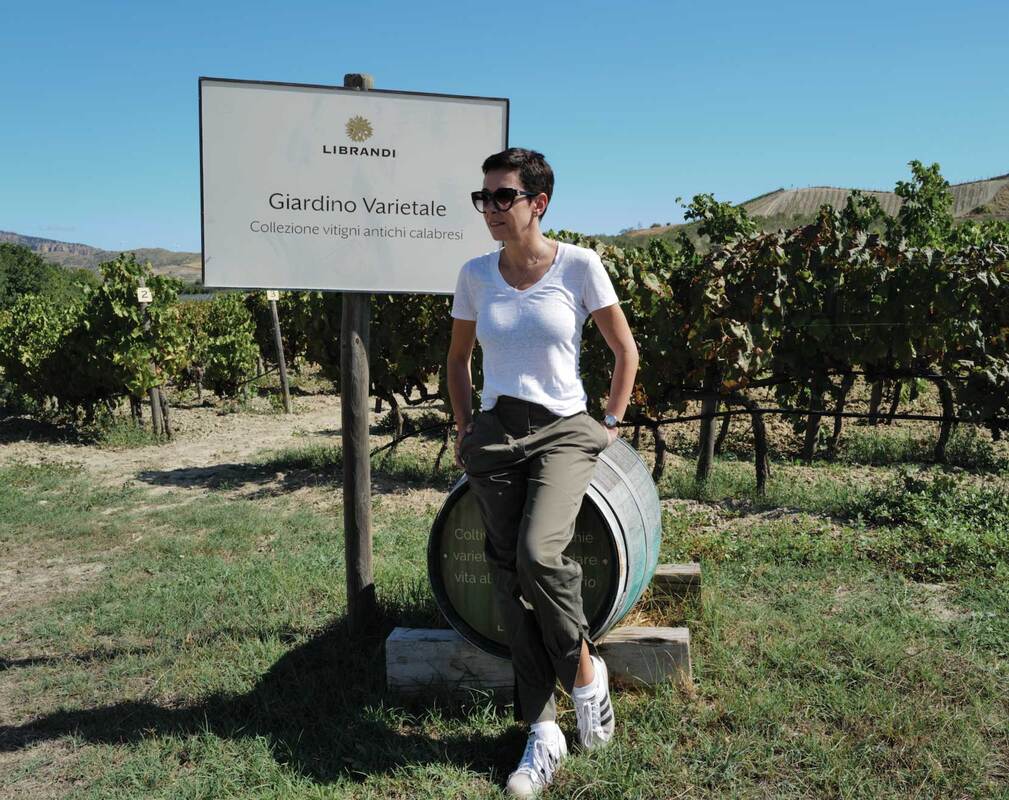
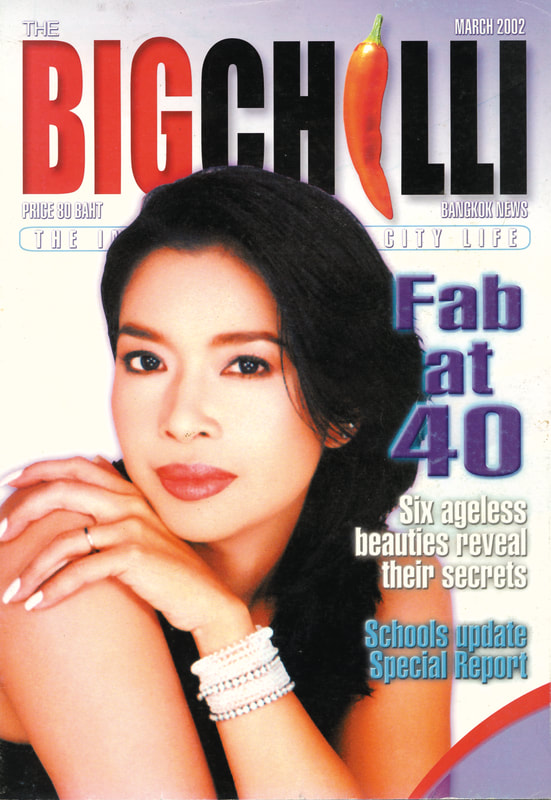
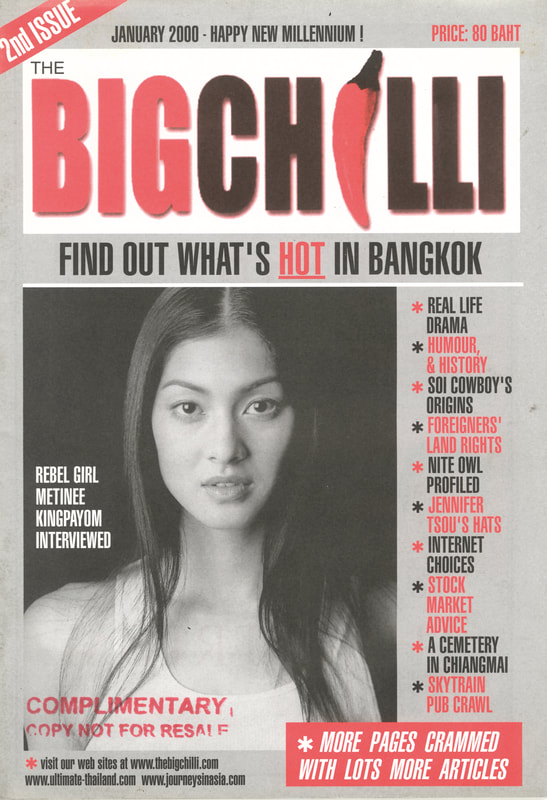
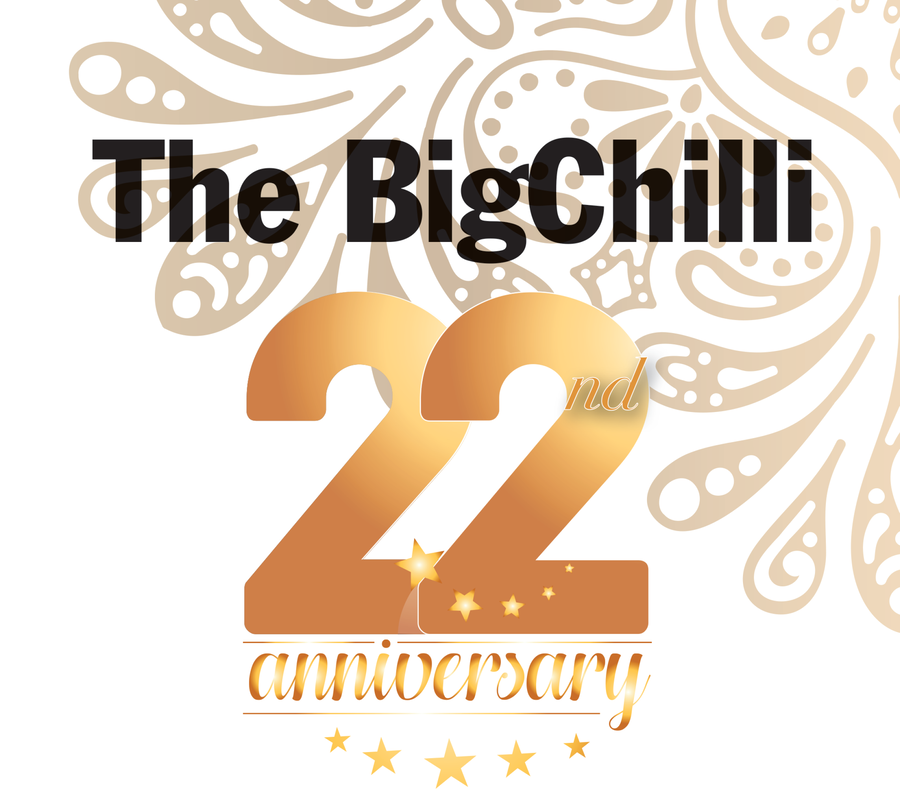

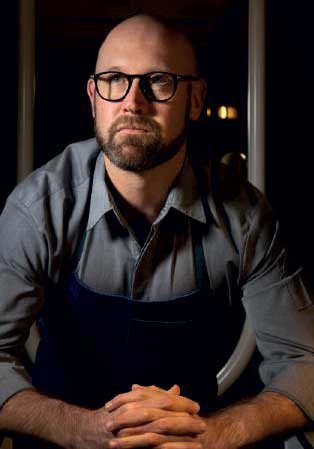
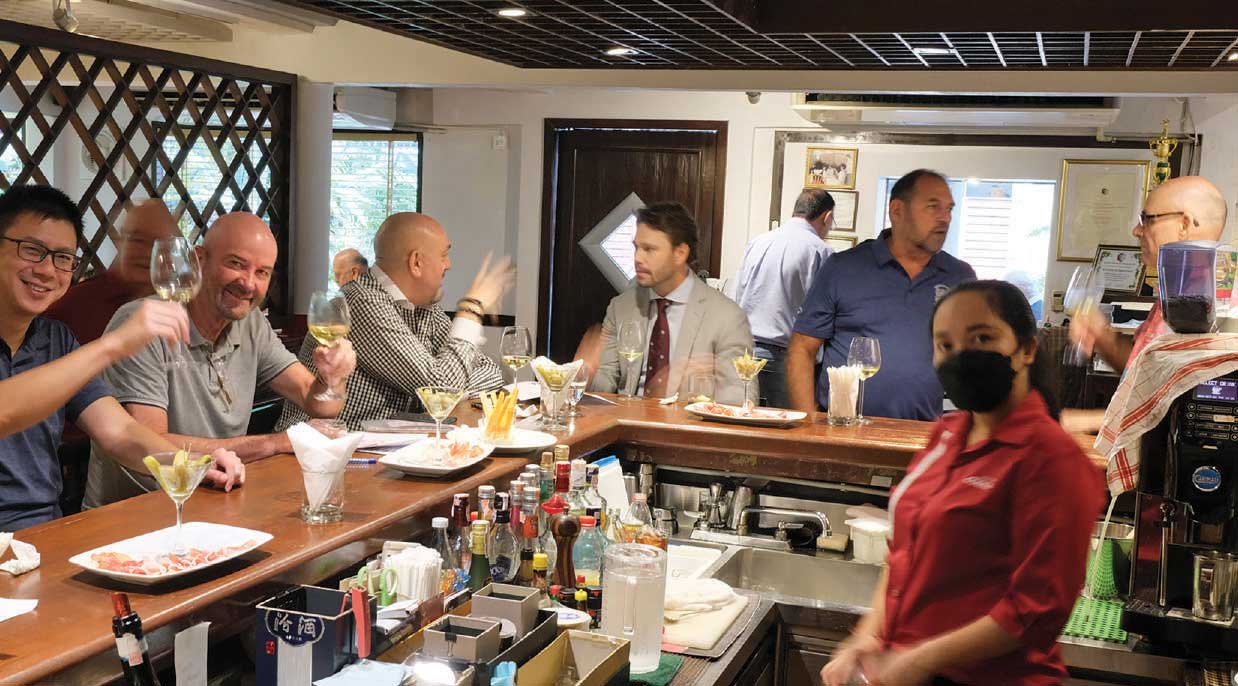

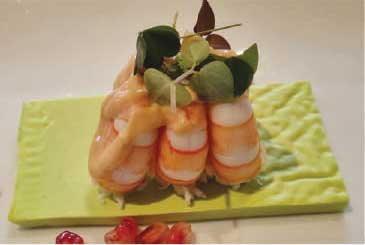
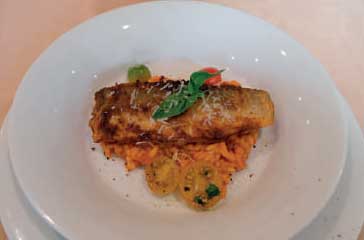
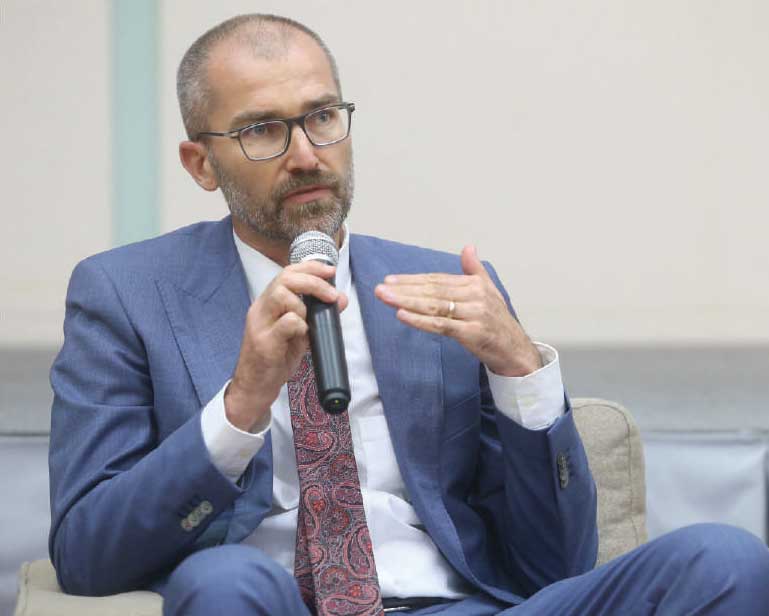
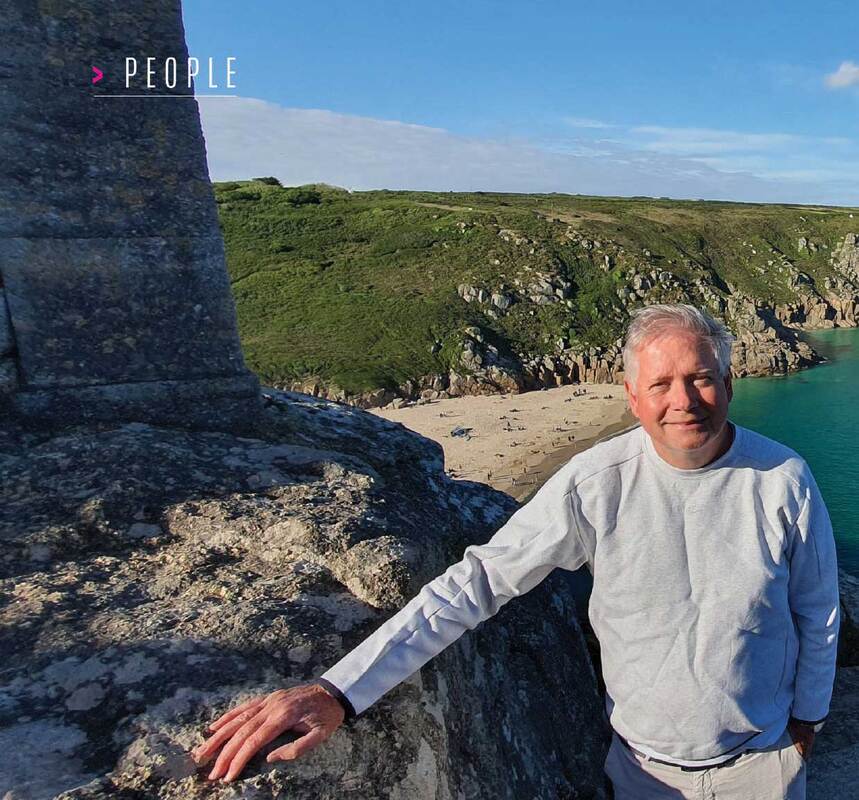

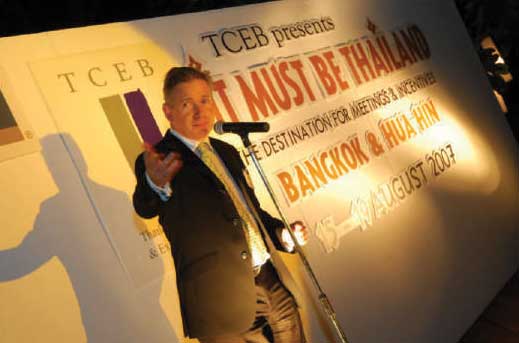
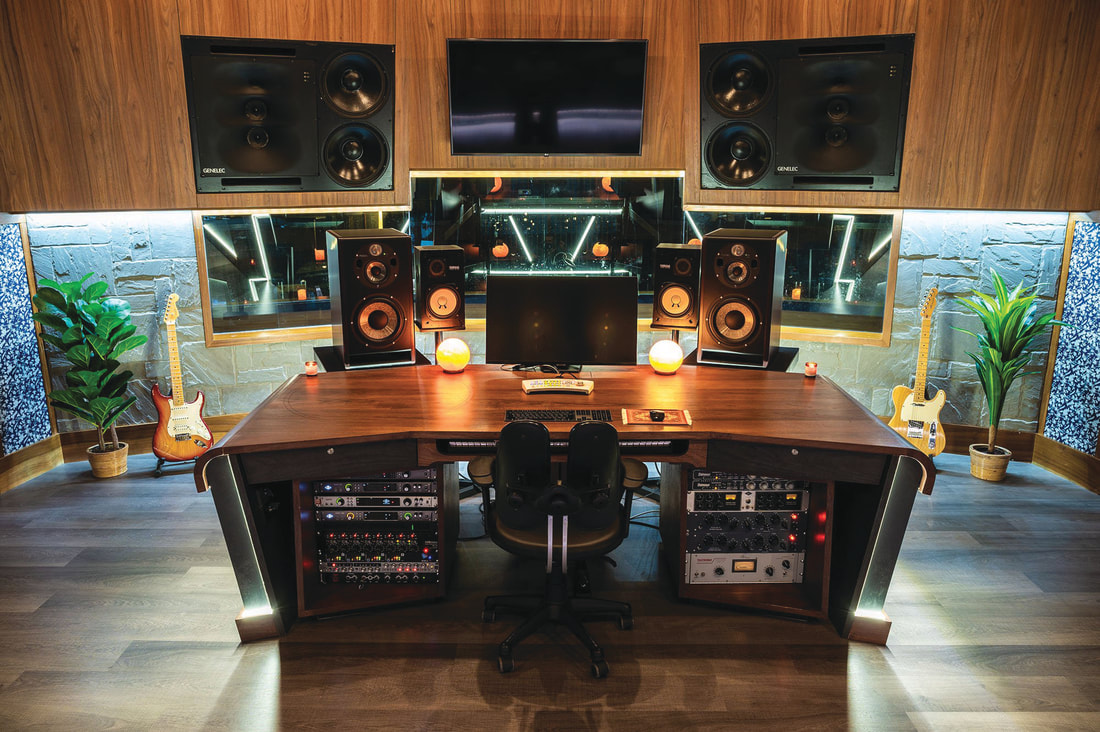
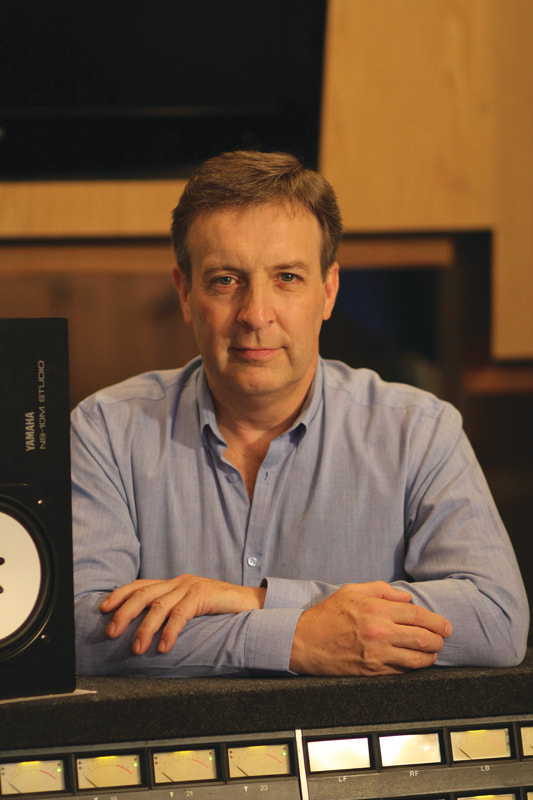
 RSS Feed
RSS Feed



